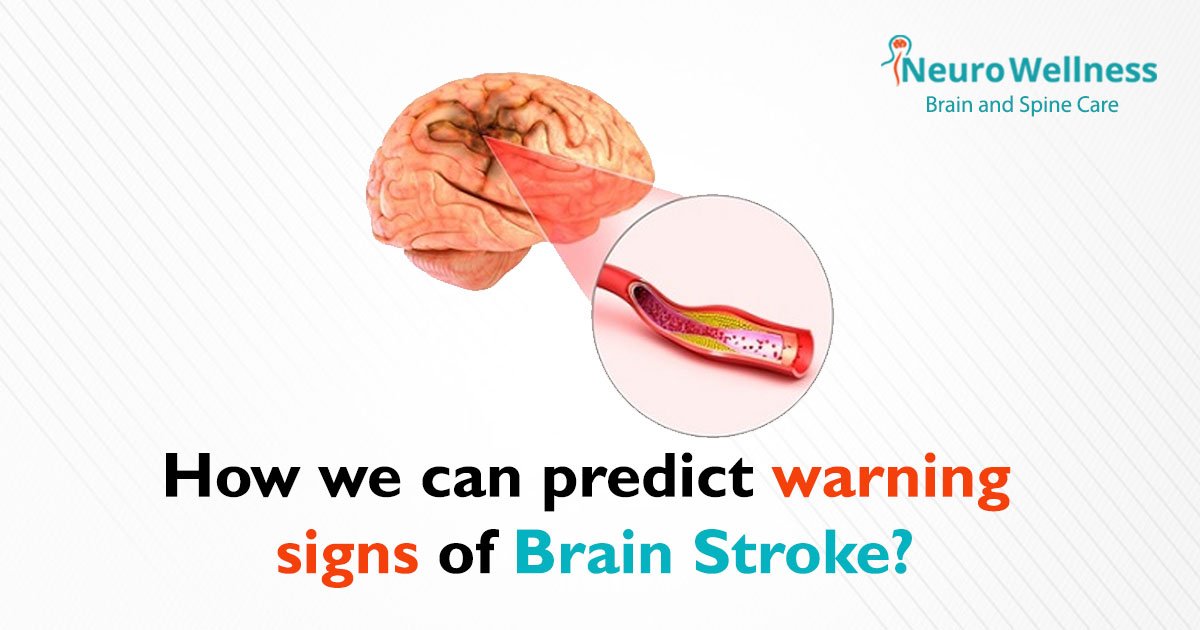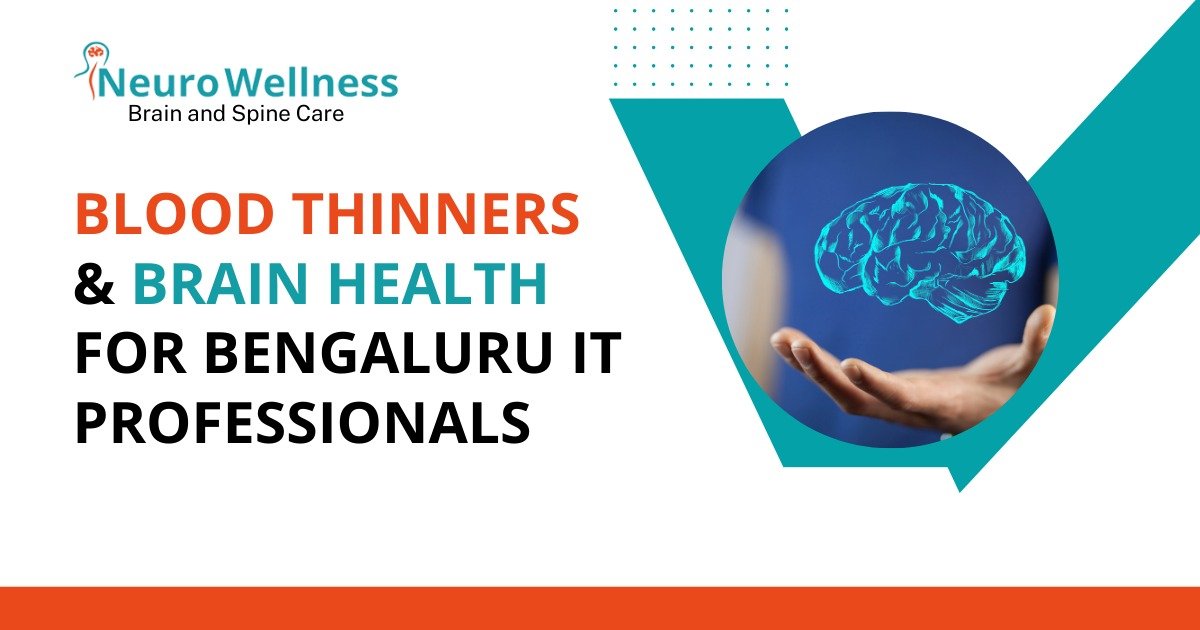A stroke is a medical emergency that occurs when blood supply to a part of the brain is interrupted. Without oxygen and nutrients, brain cells begin to die within minutes.
The most dangerous aspect of stroke is delay. Many patients ignore early warning signs, hoping symptoms will improve. Sometimes they do—but that temporary improvement can be misleading.
Recognizing the warning signs early can save brain function, independence, and life.
What Is a Brain Stroke?
A stroke occurs when blood flow to part of the brain is blocked (ischemic stroke) or when a blood vessel ruptures (hemorrhagic stroke).
The brain controls movement, speech, memory, and vital functions. When blood supply stops, those functions may suddenly fail.
• Stroke symptoms appear suddenly.
• Use the FAST method: Face drooping, Arm weakness, Speech difficulty, Time to act.
• Even brief symptoms can signal a mini-stroke (TIA).
• Immediate treatment within the “golden hour” can prevent permanent brain damage.
• Call emergency care if symptoms appear.
What Are the Early Warning Signs of Brain Stroke?
Stroke symptoms usually appear suddenly.
Use the FAST Rule
F – Face drooping
One side of the face may droop or feel numb.
A – Arm weakness
Sudden weakness or numbness in one arm or leg.
S – Speech difficulty
Speech may be slurred, confused, or difficult.
T – Time to act
Immediate medical attention is critical.
If any of these signs appear, emergency care should be sought immediately.
Other Warning Signs of Stroke
Beyond FAST, additional symptoms may include:
• Sudden severe headache
• Loss of vision in one or both eyes
• Double vision
• Dizziness or loss of balance
• Confusion
• Sudden difficulty walking
• Numbness on one side of the body
Stroke symptoms are typically painless but disabling.
What Is a Mini Stroke (TIA)?
A Transient Ischemic Attack (TIA), often called a mini-stroke, produces stroke-like symptoms that resolve within minutes or hours.
Even if symptoms disappear, it is not safe to ignore them.
A TIA is often a warning that a major stroke may occur in the near future.
Why Immediate Treatment Is Critical: The Golden Hour
Brain cells begin to die within minutes of oxygen deprivation.
The earlier treatment begins, the more brain tissue can be saved.
In ischemic strokes, clot-dissolving medications may be effective if administered within a limited time window.
Delays increase:
• Permanent disability
• Speech loss
• Paralysis
• Risk of death
Who Is at Risk for Stroke?
Certain factors increase stroke risk.
Medical Risk Factors
• High blood pressure
• Diabetes
• High cholesterol
• Heart disease
• Previous stroke or TIA
Lifestyle Risk Factors
• Smoking
• Obesity
• Sedentary lifestyle
• Excess alcohol
Read more: Controlling blood pressure is one of the most effective ways to reduce stroke risk.
Can Stroke Symptoms Be Mild?
Yes. Some strokes begin with subtle symptoms such as:
• Mild numbness
• Slight speech difficulty
• Brief confusion
• Temporary vision loss
Even mild symptoms require evaluation.
When Should You Go to the Hospital?
Go immediately if you experience:
• Sudden weakness or numbness
• Speech changes
• Vision problems
• Severe headache
• Sudden confusion
• Loss of balance
Never wait to “see if it improves.”
How Is Stroke Diagnosed?
Diagnosis usually involves:
• Clinical examination
• CT scan or MRI of the brain
• Blood tests
• Vascular imaging
Rapid imaging helps determine whether the stroke is ischemic or hemorrhagic.
Can Stroke Be Prevented?
Many strokes are preventable.
Prevention strategies include:
• Controlling blood pressure
• Managing diabetes
• Regular physical activity
• Healthy diet
• Avoiding tobacco
• Managing cholesterol
Stroke Evaluation in Bengaluru
If you experience stroke warning signs or have risk factors, early evaluation is essential.
Dr. Ganesh Veerabhadraiah
Dr. Ganesh Veerabhadraiah evaluates and manages stroke-related neurological conditions with an emphasis on timely intervention and prevention.
FAQs
What are the first signs of stroke?
Face drooping, arm weakness, and speech difficulty are common early signs.
Can stroke symptoms go away on their own?
Symptoms may temporarily improve in TIA, but medical evaluation is still necessary.
How fast should I seek treatment?
Immediately. Every minute matters.
Can young people have strokes?
Yes, though risk increases with age.
Is stroke always painful?
No. Many strokes are painless.





Comments are closed.